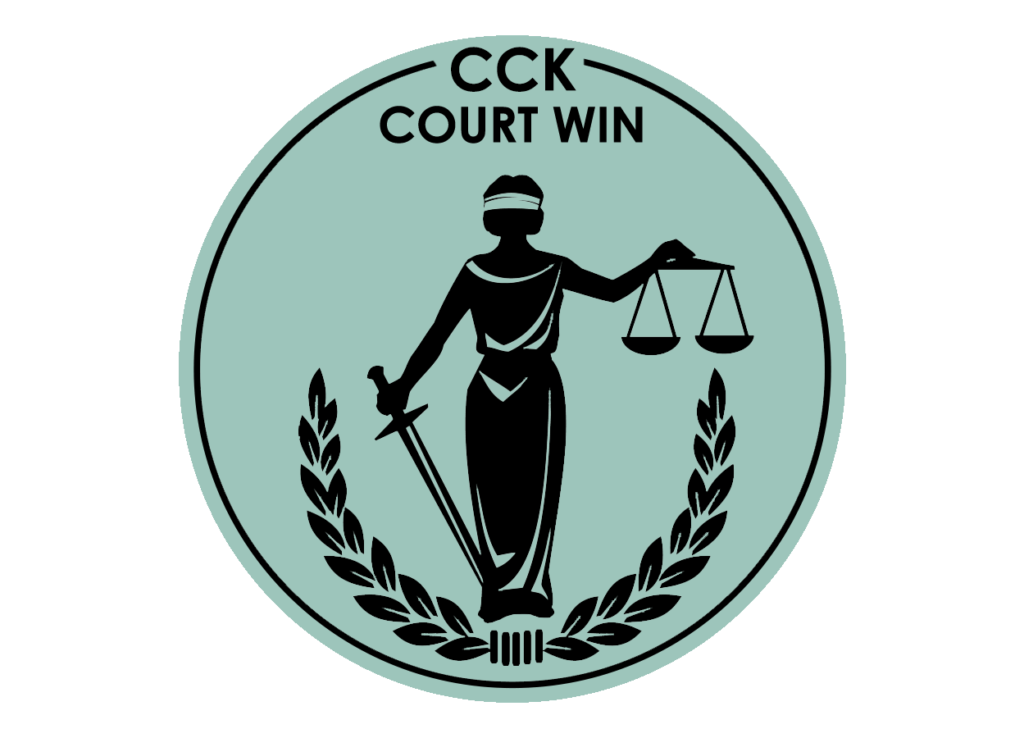CCK Successfully Argues Against Board Denial of Increased Rating for IVDS

CCK Law: Our Vital Role in Veterans Law
Summary of the Case
The Veteran served on active duty in the United States Army from July 1982 until March 1999. In August of 2000, the Regional Office granted him entitlement to service-connected compensation for subluxation of the lumbar spine and assigned a 10 percent disability rating effective April 1, 1999. The Veteran challenged the disability rating assigned to his disorder, requesting a higher evaluation. In August of 2003, the Regional Office increased the disability rating for his back condition to 20 percent effective April 1, 1999. The Veteran appealed again for a higher rating, which was granted in March 2008 when the Regional Office increased his evaluation to 60 percent effective October 3, 2006. Following this decision, the Veteran continued to seek an increased rating for his intervertebral disc syndrome (IVDS) for the period prior to October 3, 2006. However, the Board of Veterans’ Appeals denied his claim in June of 2016.
The Veteran appealed the Board’s denial to the Court of Appeals for Veterans Claims (CAVC). In January of 2017, the parties filed a joint motion to vacate the portion of the Board’s decision denying him a disability rating greater than 20 percent for the period prior to October 3, 2006, and remand that matter for additional proceedings in accordance with the terms of the motion. On August 25, 2017, the Board issued the decision on appeal.
Board denies higher rating for IVDS prior to October 2006
In its August 2017 decision, the Board found that there is no indication that the Veteran had severe, recurrent attacks of IVDS with little intermittent relief, or pronounced IVDS, prior to October 2006. Yet the Veteran repeatedly asserted that his back disorder often or constantly produced significant pain and other symptoms that regularly restricted him from doing normal activities and that caused him to either miss a substantial amount of work or to perform his occupational duties with extreme difficulty. Nonetheless, the Board never made competency and credibility determinations about these lay statements. Instead, the Board attempted to undermine the Veteran’s assertions by citing to other evidence in the record that was less supportive of his claim.
In its decision, the Board also discussed the Veteran’s work history, but did not mention symptomatology attributed to his disorder and its relative severity. The Board mainly focused on whether his IVDS kept him from work. In regards to this, the Board found that no private physician stated that the Veteran must stay home from work, and then relied on this lack of evidence to issue its denial.
CCK appeals to the CAVC
CCK successfully appealed to the Court of Appeals for Veterans Claims (CAVC) the Board decision that denied an increased rating for IVDS for the period prior to October 2006, based on a prior version of the rating criteria. CCK made several arguments, including that the Board:
- Misinterpreted the rating criteria to require that IVDS render the Veteran unemployable before it found “severe” or “pronounced” IVDS;
- Overlooked favorable evidence; and
- Relied on inadequate VA examinations
CCK further argued that the Board did not explain why the Veteran’s associated radiculopathy was not persistent, which would have provided for a 60 percent disability rating for IVDS under the version of the rating criteria in question.
Court agrees with CCK’s arguments
CCK argued, and the Court agreed, that the Board erred in the following ways:
- Its failure to make competency and credibility determinations frustrated judicial review;
- It inappropriately seemed to demand evidence that work absences were due to the Veteran’s IVDS;
- It made an impermissible medical determination that the Veteran’s IVDS was not severe on the basis of evidence that other conditions were affecting him;
- It failed to discuss the Veteran’s symptom severity;
- Its facts were not entirely correct or complete; and
- It relied, without a foundation, on the absence of a physician’s opinion that the Veteran must stay home from work.
Accordingly, the Court remanded the Veteran’s case back to the Board for readjudication.
About the Author
Share this Post
